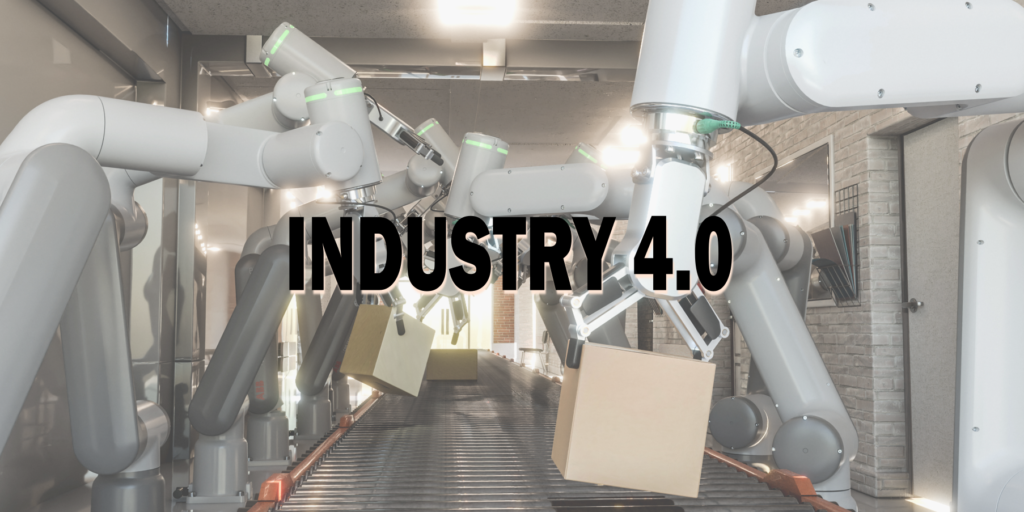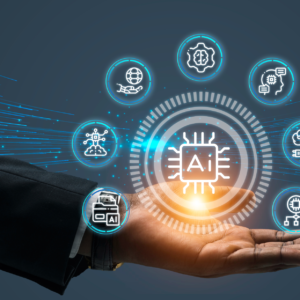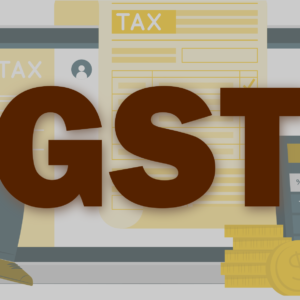
Industry 4.0 represents the fourth industrial revolution, characterized by the integration of smart technologies into manufacturing processes, creating a more connected and automated environment. This paradigm shift is driven by technologies such as the Internet of Things (IoT), artificial intelligence (AI), data analytics, and advanced robotics.
Understanding Industry 4.0
Industry 4.0 is marked by the convergence of digital, physical, and biological systems. It entails the use of intelligent machines that communicate and cooperate with each other, enabling autonomous decision-making and optimization of manufacturing processes. Key components include cyber-physical systems, cloud computing, and the Industrial Internet of Things (IIoT).
India’s Position in Industry 4.0
India is progressively embracing Industry 4.0, recognizing its potential to enhance productivity and competitiveness. However, challenges such as infrastructure limitations and skill gaps pose obstacles. The government has initiated measures like the “Make in India” campaign to promote manufacturing, aligning with Industry 4.0 principles.
Implementation in Indian MSMEs
Awareness and Education: Conduct workshops and training programs to educate MSMEs about Industry 4.0 technologies and their benefits.
Affordable Technology Adoption: Facilitate access to affordable smart technologies through subsidies or financial incentives, encouraging MSMEs to invest in automation and digitalization.
Skill Development: Establish skill development programs to equip the workforce with the necessary skills for operating and maintaining advanced technologies.
Collaboration and Networking: Encourage collaboration between MSMEs, larger enterprises, and research institutions to share knowledge and resources, fostering a supportive ecosystem for Industry 4.0 adoption.
Government Support: Provide policy support, financial incentives, and a conducive regulatory environment to promote Industry 4.0 implementation in MSMEs.
Industry 4.0 represents a transformative opportunity for India’s manufacturing sector. By addressing challenges and strategically implementing Industry 4.0 principles, especially in MSMEs, India can unlock new levels of efficiency, innovation, and global competitiveness in the digital era of manufacturing.
Image credit: Freepik






